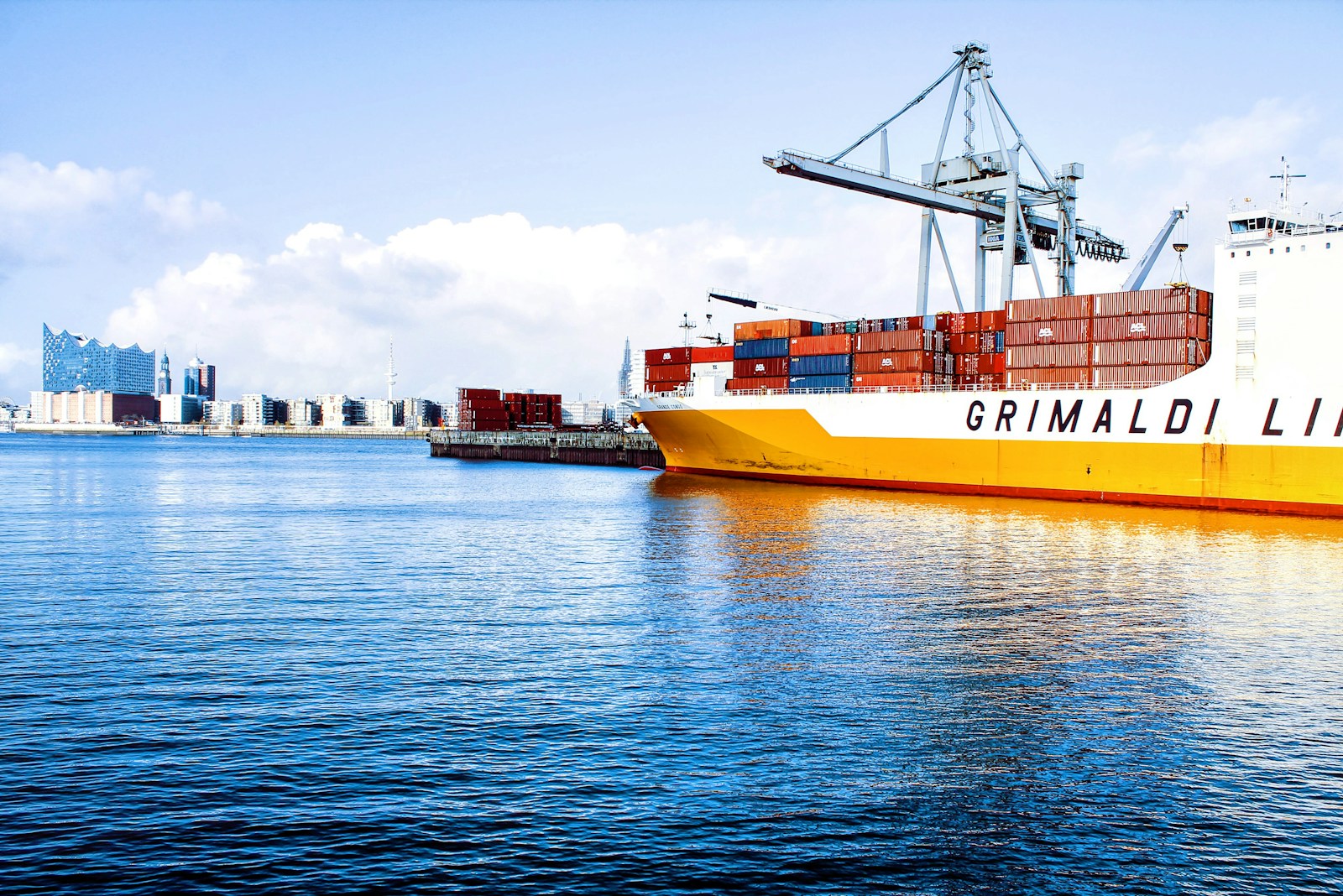The shipping industry is changing with more of a focus on greener energies and reducing carbon emissions as a direct result of new regulations and overall awareness of the impact of climate change. One of these changes is the lean towards decarbonisation. While this is set to be an expensive change for shipping companies, one major positive of decarbonisation is its ability to create a number of shipping jobs. Driven by these stringent international climate goals, decarbonisation is set to revolutionise the industry both environmentally and economically. Here, we’re going to be discussing the impact of decarbonisation and how it is going to lead to more shipping jobs.
The Potential For More Green Jobs
Reports such as the one by the Global Maritime Forum and Arup have suggested that a move towards decarbonising shipping will lead to up to four million green jobs by 2050. This substantial creation of jobs is generally driven by the shift towards greener fuels like hydrogen fuels. These e-fuels are going to be a necessity if the industry hits its targets on time, and the need for people who are able to safely produce and handle this fuel is going to skyrocket.
Decarbonisation in the maritime sector is also set to lead to significant investment in the green energy sector and in renewable energies specifically. Renewable energy generation demand is going to increase, meaning infrastructure and staff are going to need significant investment in order to meet the level of capacity needed for “green shipping” to exist. Some initial estimations suggest figures of up to £3.2 trillion. These investments will go into three primary areas: manufacturing of parts, construction, and installation of the infrastructure needed to generate this level of energy and maintenance. As a result, 500,000 to one million green jobs are expected to be created by the end of the decade, with numbers growing to up to three million by the end of the 2030’s.
Global Distribution Of Jobs
One of the more interesting elements to this massive spike in demand for renewable resources is that the “Global South” is going to be most heavily impacted due to their abundant energy resources. By investing in these areas and sourcing workers from here, not only will the shipping industry benefit but economies across the globe will too, providing more opportunities for workers in potentially underprivileged areas.
What needs to be determined is exactly how governments and the industry is going to ensure fair working conditions and robust labour rights to help address any economic inequalities between the “Global North” and “Global South”.
Conclusion
The decarbonisation of the shipping industry is going to lead to a unique and exciting opportunity to create millions of jobs in the green energy sector while helping to boost economic growth in underprivileged areas while building a more sustainable global economy. With significant investments coming into the industry and the ability to scale up production with new infrastructures being built, the shipping industry is poised to lead the fight against climate change over the coming decades. The journey won’t be a straightforward one, particularly when it comes to regulatory changes and requirements, but it is one that offers a wide breadth of rewards in the future.









